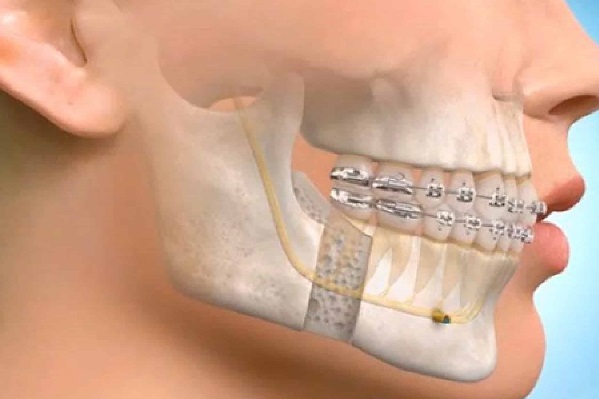
Maxillofacial Surgery Treatment
Maxillofacial surgery has something to do with the face and front part of the head. “Maxillo” is a Latin word root that means “jawbone.” Therefore, the term “maxillofacial” refers to the jawbones and the face, and maxillofacial surgery is a field of medicine specializing in treating conditions in this area through surgical procedures.
One of the biggest benefits of getting any major cosmetic dentistry procedure done is that it provides that individual with various restorative advantages. To understand this in a better light, let’s consider the example that an individual is suffering from decaying teeth. He or she opts to get a dental filling procedure done which is necessary. Earlier, this material for the filling was primarily gold, amalgam, and other materials that did not look that appealing as they left a visible mark.
When Do You Need Oral Surgery?
All maxillofacial surgeons are also oral surgeons, but not all oral surgeons are maxillofacial surgeons. An oral and maxillofacial surgeon has more advanced medical training than an oral surgeon and has the knowledge and certification to perform more procedures in more areas of the face.
Oral surgeons are so called because their practices are confined almost entirely to treating conditions within the mouth. The following are treatments that an oral surgeon can perform:
- Denture fittings
- Dental crowns
- Root canals
- Impacted wisdom tooth extraction
When Do You Need Maxillofacial Surgery?
Maxillofacial surgery is a more advanced form of oral surgery. A maxillofacial surgeon can do everything an oral surgeon can do, and much more besides. An oral and maxillofacial surgeon holds a medical degree and has extensive training in dental medicine.
While an oral surgeon is unable to perform the most advanced oral surgical procedures, there are no limitations on the types of dental surgery that a maxillofacial surgeon can perform. This means that they can perform tooth extractions, dental implants, gum surgery, and more.
If you have an issue that extends beyond the mouth, you may require a maxillofacial procedure. For example, if you have an abnormality of the nasal cavity, a maxillofacial surgeon may be able to perform a procedure to correct it.
Maxillofacial surgeons are often called to treat patients who have sustained some sort of trauma to the face. Trauma consists of a sudden, violent blow that often causes bones to break and may lead to facial disfiguration.
The following are conditions that may require the expertise of an oral and maxillofacial surgeon:
- Bite abnormality (dysgnathia)
- Chronic facial pain
- Cleft lip and/or palate
- Bone-fused dental implants
- Difficult tooth extractions
